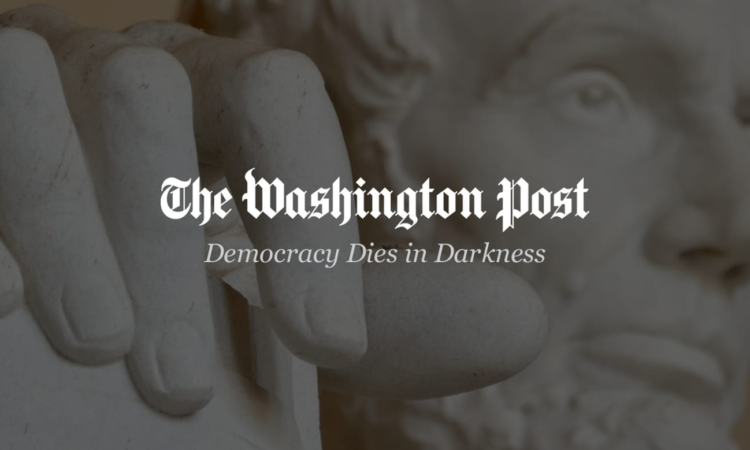
The “Realistic” Twenties has less of a ring to it, but that’s a more likely view of next year.
On financial markets, investment froth and euphoria worthy of the flappers have been forcibly brought down to earth by interest-rate hikes. Cryptocurrencies, unprofitable tech and real estate have been hammered and will remain unloved. Pension funds investing in risky three-letter trades like FTX (crypto) or LDI (derivatives) have learned costly lessons.
Policy realism is also setting in. Instead of fueling radical solutions, the aftermath of this bursting of leveraged market bubbles will see governments and policymakers get pushed towards the economic mainstream. That’s effectively what happened during the UK’s mini-budget crisis, which deflated the high-spending aspirations of the Brexiteers.
States will have to tread carefully in pursuing credible economic policies without making the recession worse. Next year will test France’s ability to better target energy aid, bring down its budget deficit and deliver long-awaited pension reform. It’s a goal worth pursuing.
Less encouragingly, huge global investment challenges for the future like the energy transition are running into reality checks of their own. COP27 was a disappointment in European eyes with little progress to meet targets. The EU is running to stand still in energy terms, spending billions to replace Russian natural gas.
As much as war produced a spirit of unity in the face of adversity, expect more realpolitik to set the tone internationally. Alliances will be based on energy supply needs rather than normative wants. The limits of “friend-shoring” in goods trade will be clear as Europe chafes against US domestic subsidies boosting its auto industry. Attempts by the US to corral a coalition of the willing against China will see more resistance.
There’ll be little to roar about next year, especially in Europe. But maybe a dose of realism will be enough to stop complacency winning out in the face of this poly-crisis.
From the Year Behind Us:A Decade of Illusions over Putin that Led to War: Ex-French President Francois Hollande rues the missteps that emboldened the Russian leader.
Sam Bankman-Fried’s Apology is as Hollow as his Empire: The downfall of FTX isn’t just about a frothy market coming undone. It looks more like the combination of a financial bubble and murky accounting with a dash of charisma thrown in.
What Iraq’s Dinar Tells Us About Crypto’s Future: Money, digital or fiat, depends on faith in the institutions backing it.
Emmanuel Macron Looks to Pivot to America: The French president has an opportunity to improve Trump-frayed ties with the US — and help Europe too.
A Euro Warning Worth Heeding From Italy: Ex-Premier Enrico Letta says Europe needs to step on the gas to address soaring energy costs.
This column does not necessarily reflect the opinion of the editorial board or Bloomberg LP and its owners.
Lionel Laurent is a Bloomberg Opinion columnist covering digital currencies, the European Union and France. Previously, he was a reporter for Reuters and Forbes.
More stories like this are available on bloomberg.com/opinion



